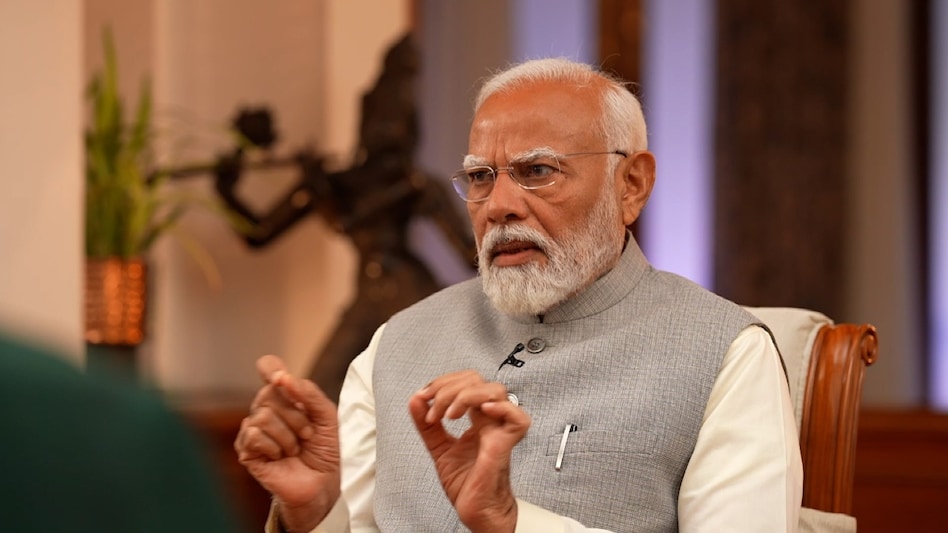Article 370: Abrogation and Current Developments in Jammu and Kashmir
Article 370 of the Indian Constitution granted special autonomous status to the state of Jammu and Kashmir. Enacted in 1949, this provision allowed the region to have its own constitution, a separate flag, and autonomy over internal matters except defense, communications, finance, and foreign affairs, which remained under the central government’s jurisdiction. However, this special status was revoked on August 5, 2019, by the Narendra Modi-led government, a move that significantly altered the region’s political landscape.
The Revocation Process
The revocation process began with a presidential order that superseded the 1954 order, which had established Article 370. This was followed by the introduction of a resolution in Parliament to abrogate the article and a bill to reorganize the state into two Union Territories — Jammu and Kashmir, and Ladakh. The resolutions passed with a majority in both houses of Parliament, leading to the bifurcation of the state.
Immediate Aftermath
The abrogation led to the imposition of restrictions, including curfews and communication blackouts, to prevent unrest. Thousands of political leaders and activists were detained. The region witnessed a period of significant unrest, with reports of protests and clashes between civilians and security forces. However, the government maintained that these measures were necessary to maintain law and order and integrate Jammu and Kashmir more closely with the rest of India.
Current Government Stance
Prime Minister Narendra Modi has reiterated his government‘s commitment to restoring Jammu and Kashmir’s statehood. In a recent interview, he emphasized that the government is working diligently to create the conditions necessary for this restoration. Modi highlighted the record voter turnout in Srinagar as evidence of the people’s endorsement of the changes brought about by the abrogation. He pointed out that the highest voter turnout in decades in Srinagar, once a hub of radical elements, reflects the successful integration of the region into India’s democratic framework.
Modi also mentioned that the region’s participation in G20 events demonstrated global acceptance and recognition of the positive changes. He assured that the progress made in the past five years indicates that the government is on the right path to restoring statehood and institutionalizing these positive changes to ensure irreversible gains for the region.
Supreme Court Challenge
The abrogation of Article 370 faced legal challenges, with several petitions filed in the Supreme Court arguing that the move was unconstitutional. However, in December 2023, the Supreme Court upheld the abrogation, providing a judicial seal of approval to the government’s decision. This unanimous verdict was seen as a significant endorsement of the government’s actions.
Looking Ahead
Prime Minister Modi asserted that the government’s long-term strategy for Jammu and Kashmir involves turning the region into a hub of culture, knowledge, tourism, and futuristic technologies like artificial intelligence. He emphasized that the government’s efforts aim to replace the region’s history of violence with a future of prosperity. Modi highlighted the successful local body and Panchayat elections as steps toward devolving power to the people, further integrating them into the democratic process.
On the issue of Assembly elections, Modi stated that the Supreme Court has directed the Election Commission to conduct these elections by September 30, 2024. The government is committed to ensuring that these elections are conducted peacefully and reflect the will of the people.
In summary, while the abrogation of Article 370 was a contentious and transformative decision, the current government remains steadfast in its commitment to restoring Jammu and Kashmir’s statehood and ensuring its long-term prosperity through democratic empowerment and development initiatives.



